Bird flu: Tests under way at Teesside reserve after deaths
- Published
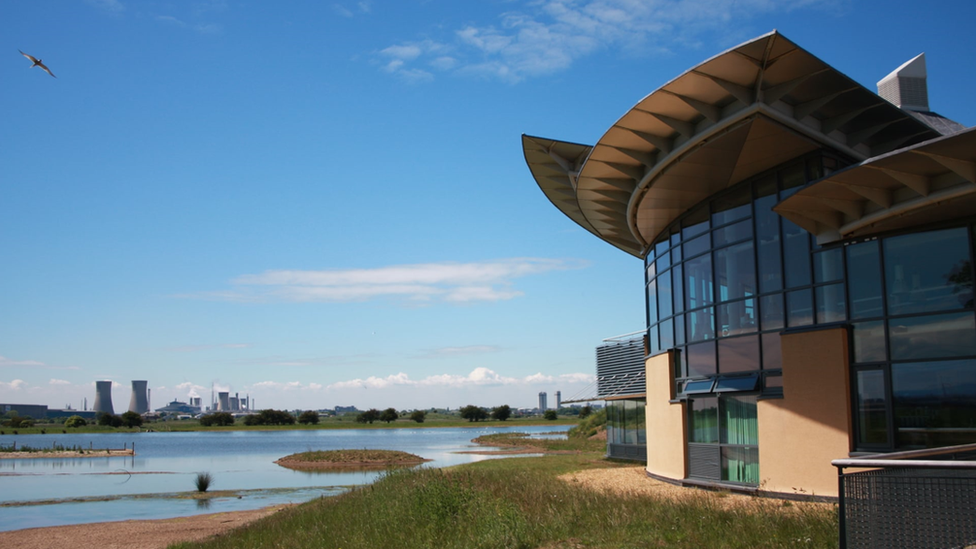
The site is nestled among Teesside's industrial landscape
More than 300 suspected cases of bird flu have been reported at a Teesside nature reserve.
RSPB Saltholme's site manager Claire Freeburn said "so far" black-headed gulls and common terns were affected.
Visitors to the site, near Billingham, have been advised not to touch any visibly sick or dead birds.
The charity has called on the government to respond "with true urgency" as avian influenza continues to affect wild and domestic birds.

There are fears for the black-headed gull population at the site, with 300 dead birds already counted
Ms Freeburn said: "RSPB Saltholme has recently reported suspected cases, which is affecting black-headed gulls and common terns.
"Testing will now follow. So far, around 300 black-headed gulls have been reported dead."
The reserve is home to one of the UK's largest inland breeding colonies of common terns which arrive each spring and nest on the site's islands and open pools, away from predators.
Ms Freeburn has urged the government to respond to "this crisis with the true urgency needed" with scenes seen on Teesside being "not only distressing" but also of concern as "the UK's worst outbreak takes hold yet again across the country".
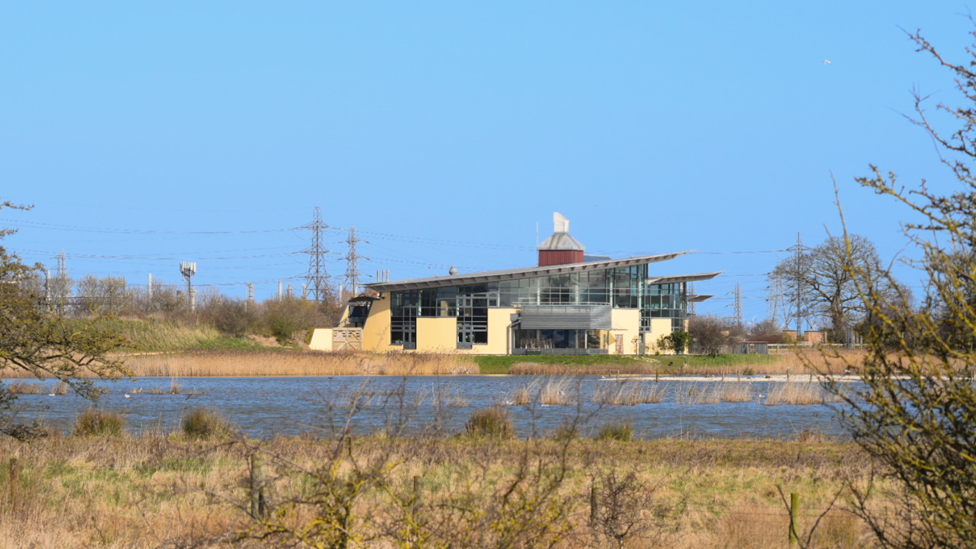
The Saltholme site is home to many species of birds making the wetlands their home
The UK Health and Security Agency (UKHSA) says the risk to the general population remains very low and evidence suggests avian influenza viruses seen in birds around the world "do not spread easily to people".
It adds it continues to "closely monitor the situation for any evidence of changing risk to the public".

Follow BBC North East & Cumbria on Twitter, external, Facebook, external and Instagram, external. Send your story ideas to northeastandcumbria@bbc.co.uk, external.
Related topics
- Published18 June 2024
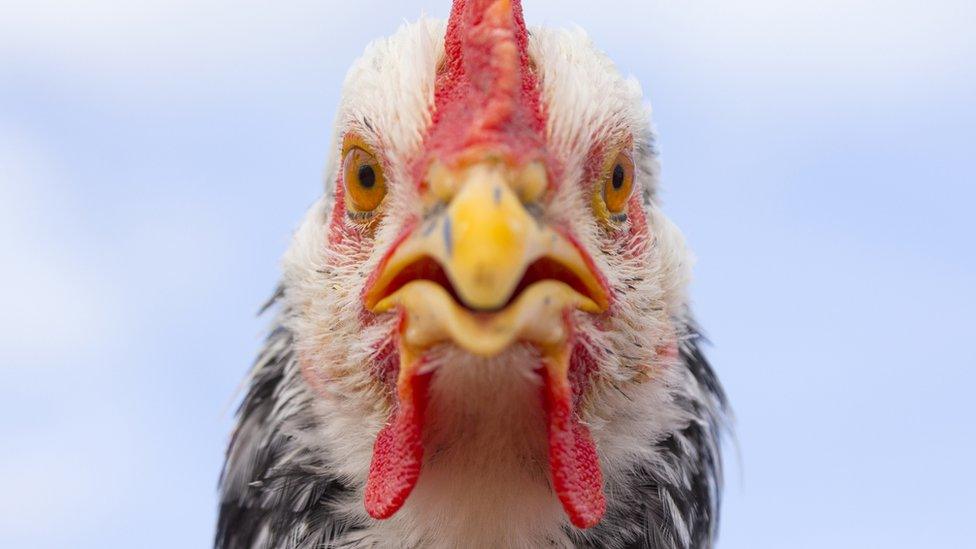
- Published16 May 2023
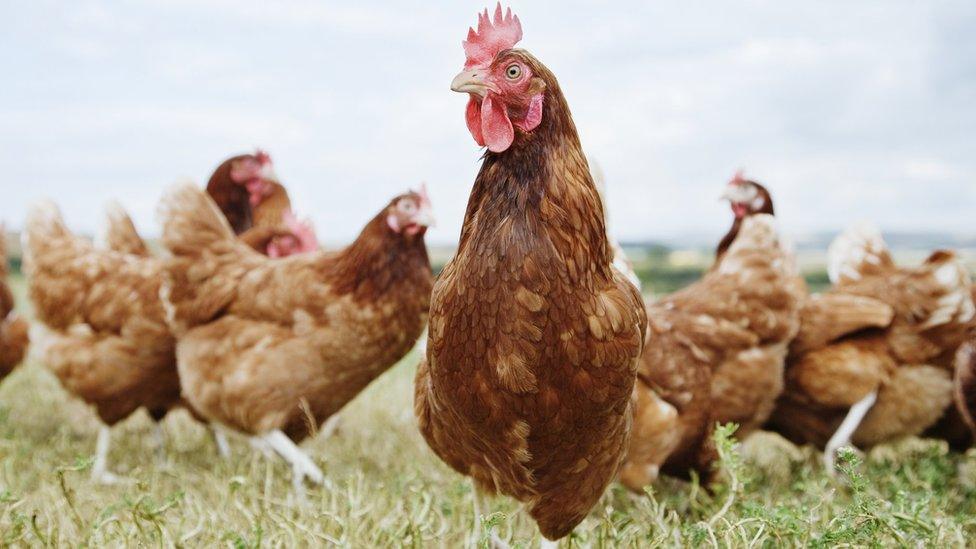
- Published4 May 2023
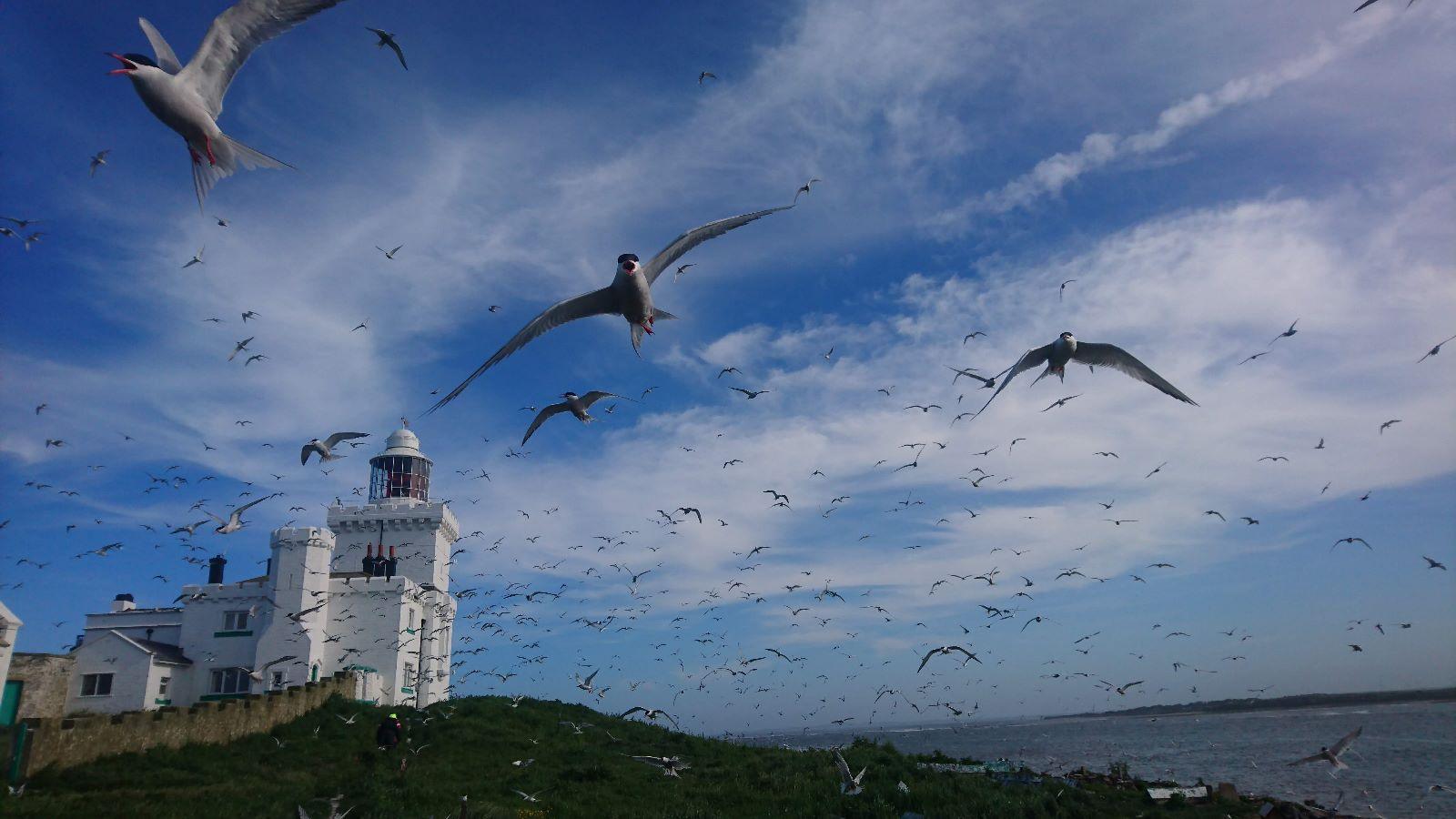
- Published25 April 2023
